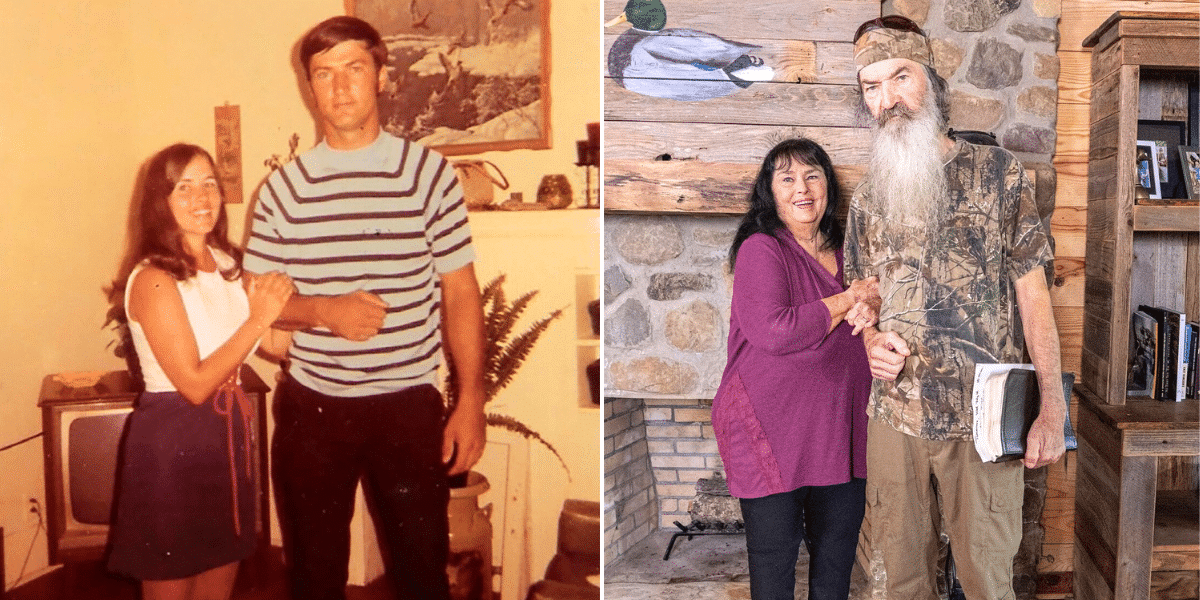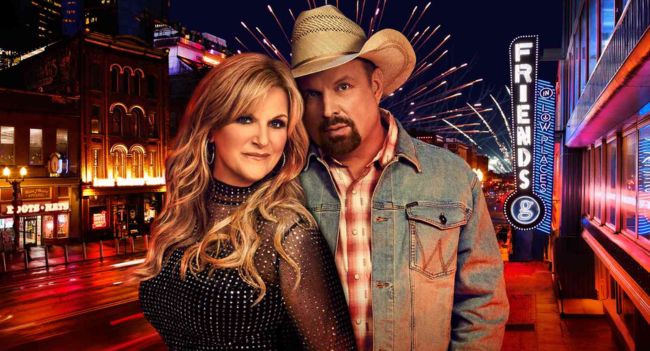As the sun dipped below the desert horizon on April 20, 2025, the energy at Coachella reached a fever pitch. Headliner Post Malone, known for seamlessly blending genres and delivering raw emotion, took the main stage to close out Weekend Two with a performance that would soon be remembered as one of the festival’s most touching moments.
But no one was prepared for what came next.
A Surprise Appearance That Set the Stage on Fire
Midway through his set, Post paused—then smiled.
“I’ve got someone special I want to bring out…” he said.

From backstage emerged Jelly Roll, the country breakout star with a voice full of grit and soul. Together, they launched into a surprise live rendition of “Losers,” their 2024 collaboration from Post’s album F-1 Trillion—and the emotional resonance was instant.
“Let’s Hear It for the Losers…”
Post began the song solo, his voice cracking slightly with emotion as he sang about pain, failure, and finding peace in being imperfect. Moments later, Jelly Roll joined him, and the duet soared into the night air:
“This one’s for the losers / The outcasts and the sinners / The ain’t-never-been-no-winners / Let’s hear it for the losers.”
The Coachella crowd—tens of thousands strong—sang along, hands raised, many visibly emotional. It wasn’t just a song. It was a statement of solidarity for everyone who’s ever felt unseen.
A Moment of Pure Gratitude
When the final chord rang out, Post turned to Jelly Roll and embraced him. His voice, thick with emotion, said it all:
“I’m so fing grateful to be able to go on tour with the kindest soul such as yourself… I knew from the first moment that I hugged you, you had the biggest heart in the fing universe.”
It wasn’t scripted. It wasn’t for show. It was real—and the fans felt every second of it.
Coachella’s Most Human Moment
In a festival known for glitter, surprise guests, and over-the-top visuals, this simple duet stood out. There were no pyrotechnics. No flashy choreography. Just two men, two microphones, and one deeply honest song.
The performance quickly went viral, with clips flooding social media under hashtags like #PostandJelly, #Coachella2025, and #LosersAnthem.
Even music critics hailed the moment as “the soul of the weekend.”
Why It Mattered
Beyond the vocals and the surprise factor, the performance of “Losers” was a celebration of resilience, of finding beauty in brokenness. It was about the kind of friendship that lifts people up—especially in an industry that can feel isolating and cutthroat.
As Post and Jelly prepare to kick off the Big Ass Stadium Tour later this month, fans are more excited than ever—because they’re not just buying tickets to a concert.
They’re joining a movement rooted in honesty, brotherhood, and hope.








![Blake Shelton Introduces Gwen Stefani's Performance [2025 American Music Awards]](https://i.ytimg.com/vi/JYpx3XL6Gmw/hq720.jpg?sqp=-oaymwE7CK4FEIIDSFryq4qpAy0IARUAAAAAGAElAADIQj0AgKJD8AEB-AH-CYAC0AWKAgwIABABGEMgRyhlMA8=&rs=AOn4CLAKHcRBmY477dm2xQlbZGXEwae7vg)













